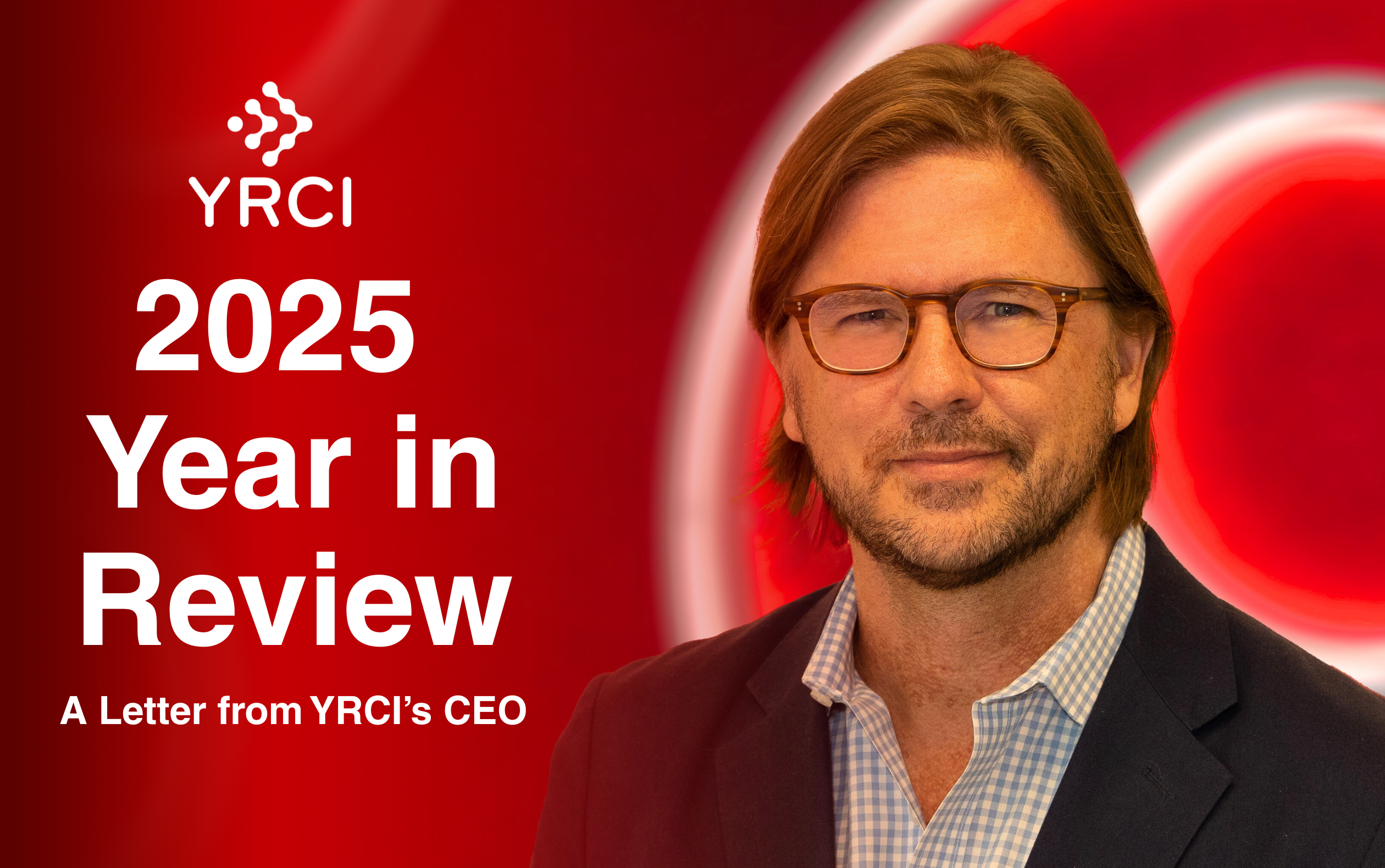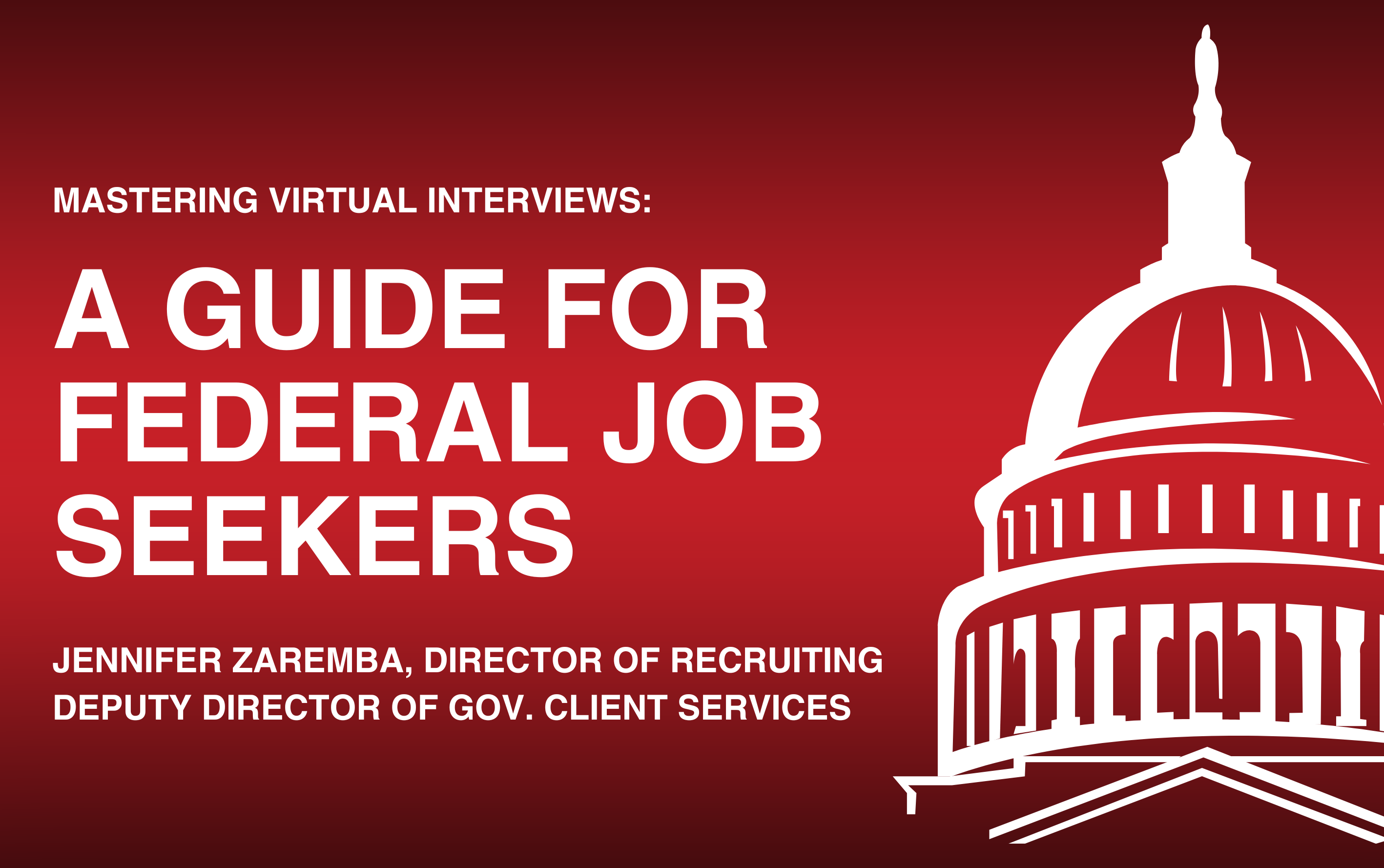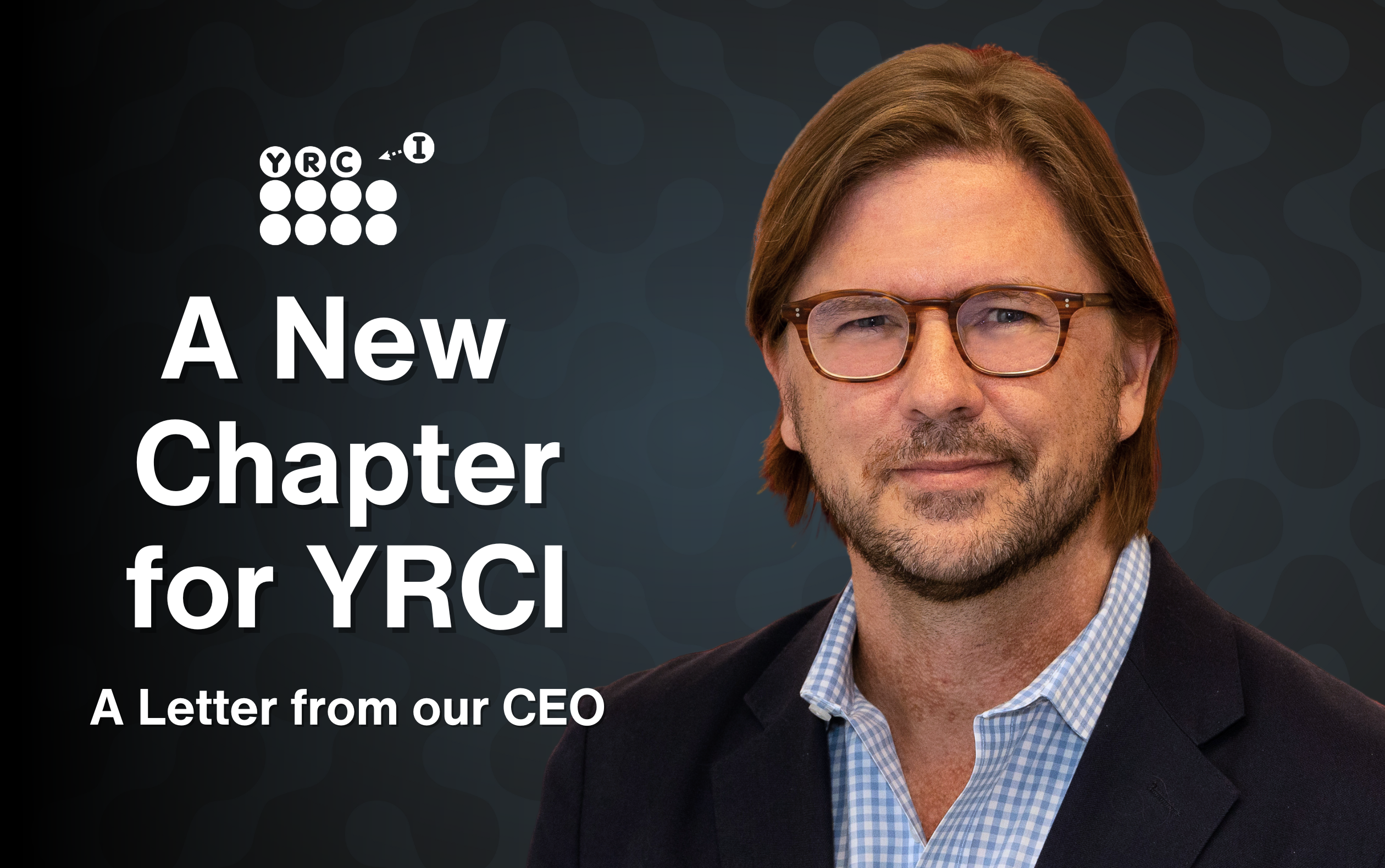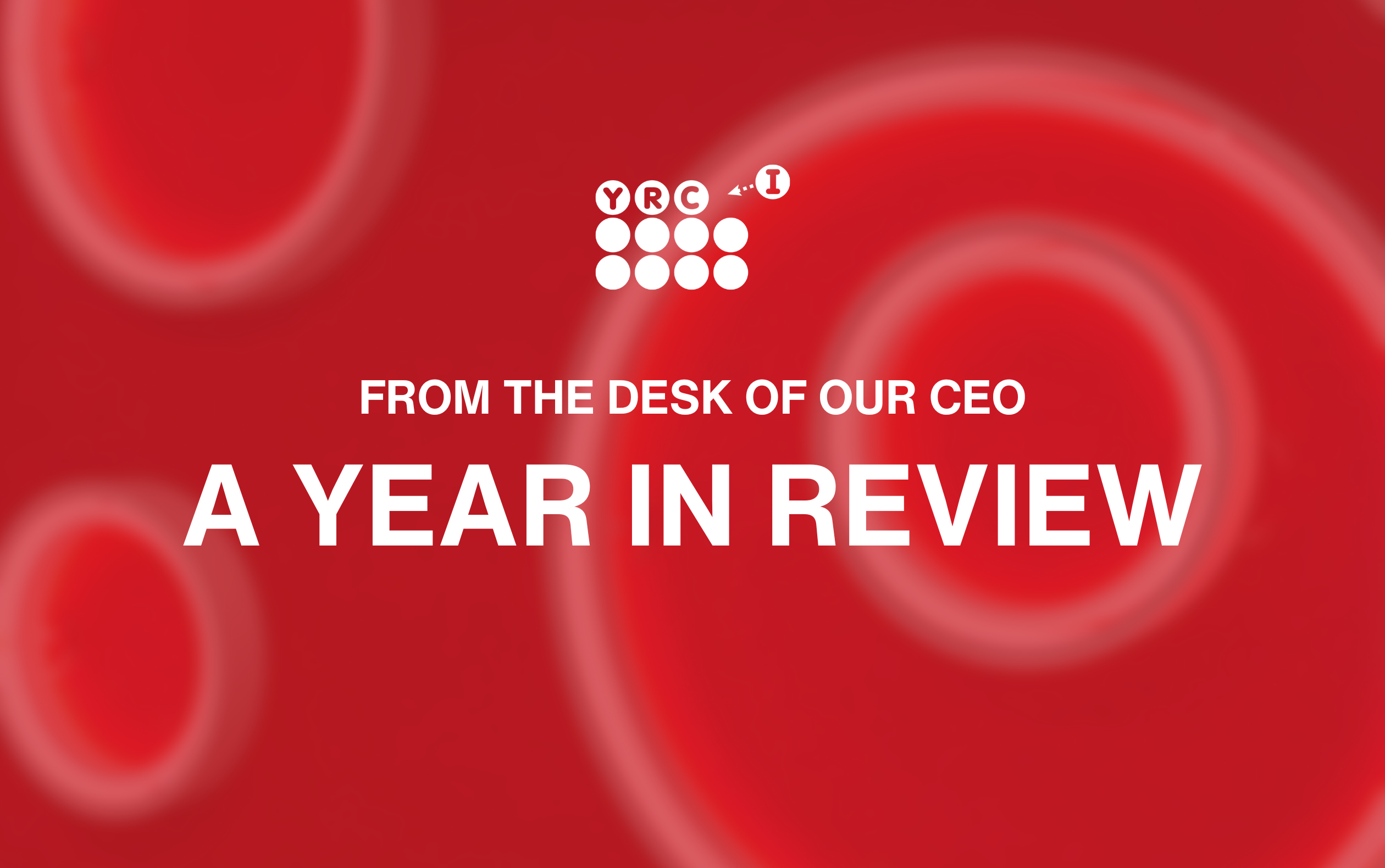-
Solutions
Our Solutions
-
Thought leadership in human capital excellence.
-
Empowering missions through human capital excellence.
-
Driving digital transformation for federal agencies.
-
A well-trained workforce is the backbone of federal excellence.
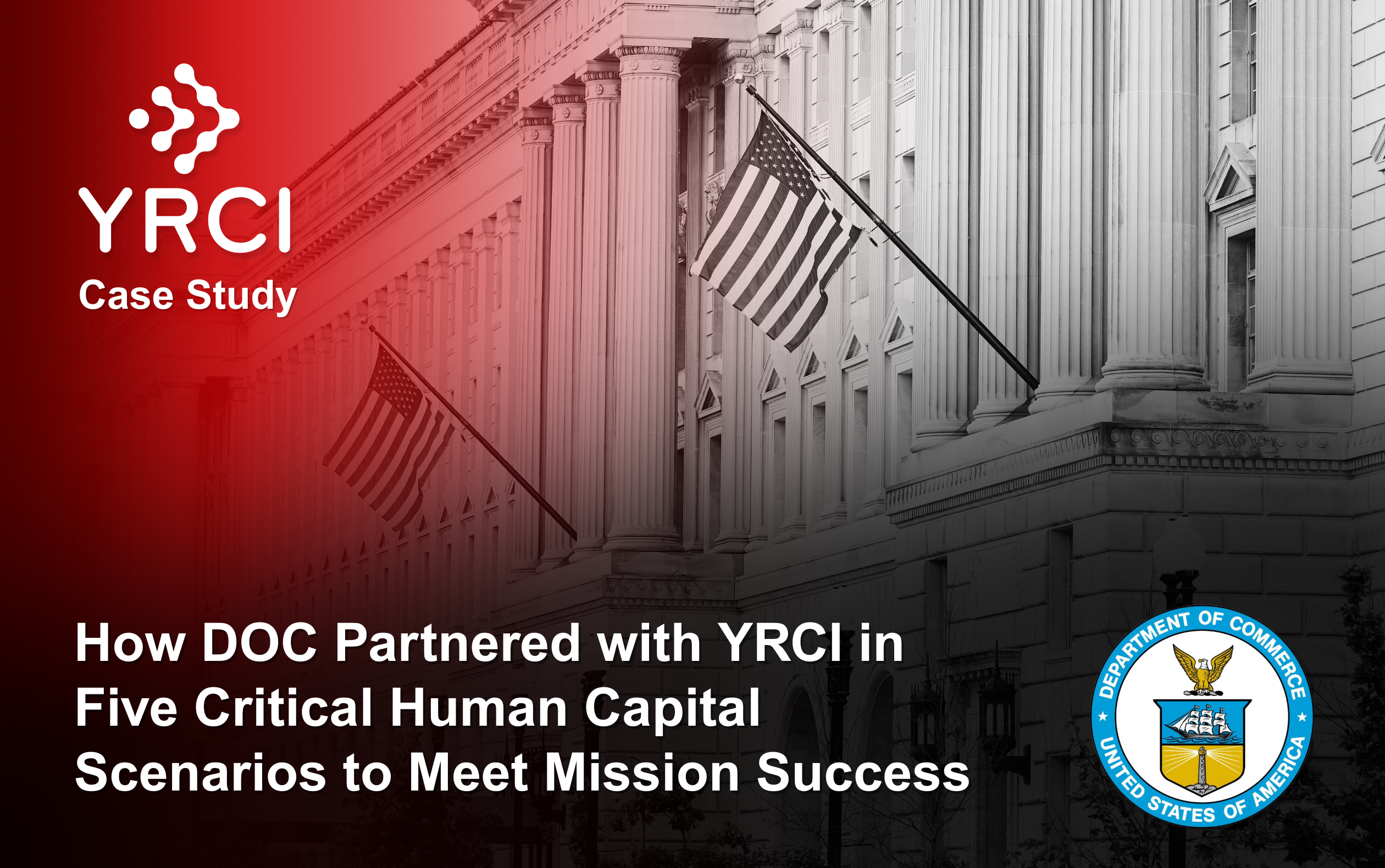 These five case studies highlight how YRCI partnered with the Department of Commerce to stabilize operations, accelerate hiring outcomes, and modernize human capital delivery across multiple bureaus. These examples demonstrate YRCI’s readiness to support DOC’s next generation of workforce priorities.
These five case studies highlight how YRCI partnered with the Department of Commerce to stabilize operations, accelerate hiring outcomes, and modernize human capital delivery across multiple bureaus. These examples demonstrate YRCI’s readiness to support DOC’s next generation of workforce priorities.- Company
- Careers
Careers-
YRCI believes that human capital drives mission success.
-
Purpose-driven opportunity to be part of the backbone of government…
Building Workplace Resilience with HeartMath® Techniques

-
February 2025
YRCI is offering a FREE lunchtime webinar to share techniques that have helped members of our workforce address change, stress, and personal challenges. Join us for this special event on February 27, 2025 from 12:00 – 12:30 PM where you can learn easy-to-use techniques that have helped team members not only cope but thrive under pressure (see registration link at the bottom of this article).
Many colleagues face personal and professional stress that can impact both well-being and work performance. The rapid pace of change can create uncertainty that often gives rise to emotions such as worry, frustration, and anxiety. Research from the HeartMath® Institute reveals that these emotions also disrupt our cognitive functioning, decision-making abilities, and overall performance. Over time, these depleting emotions lead to long-term consequences such as sickness, burnout, and declining morale.
In this short 30-minute webinar, you’ll learn a couple HeartMath® techniques that YRCI staff use to regulate depleting emotions, improving their well-being and creating more productive work environments.
What is HeartMath?
The HeartMath® Institute is an organization dedicated to exploring the connection between heart rhythms, emotions, and cognitive performance. Through over 30 years of extensive research, they’ve identified a critical link between our emotional states and heart rate variability (HRV), a key indicator of how well our bodies adapt to stress.
At the core of the HeartMath® Institute’s findings is the concept of “Heart Coherence.” Heart Coherence occurs when the heart, mind, and emotions are in sync, working together in harmony. When we experience negative emotions like frustration or anxiety, this coherence is disrupted, leading to erratic heart rhythms and energy depletion. However, by using simple, evidence-based techniques, such as Heart-Focused Breathing™ or the Quick Coherence® technique, we can restore coherence, calm the nervous system, and reverse the energy drain.
These techniques help individuals shift from reactive, stressed states to more balanced, proactive ones, enabling better emotional regulation, clearer thinking, and improved resilience.
The Importance of Emotional Well-Being in the Workplace
The consequences of unrelenting stress are too costly to ignore as the effects of unmanaged stress reach beyond individual well-being. Prolonged exposure to stress hormones like cortisol contributes to fatigue, emotional exhaustion, and even health problems such as high blood pressure and heart disease. When this happens across teams, it results in higher absenteeism, reduced job satisfaction, and a decline in overall performance.
In addition, the complexity and unpredictability inherent in most workplaces require clear-headed decision-making and adaptive leadership. Yet, when individuals are stuck in a state of worry, frustration, or anxiety, their ability to think creatively, make sound decisions, and lead effectively is diminished. HeartMath® techniques offer a way to counteract this by building resilience and maintaining emotional balance in high-pressure environments.
For organizations, promoting emotional well-being and resilience is an investment in employees’ health as well as a strategy for improving performance. When leadership and team members manage their stress more effectively, they are enabled to stay energized, focused, and engaged, even during uncertain times.
A Path Forward
As we navigate increasingly uncertain times, managing stress is more critical than ever. HeartMath® Institute’s science-based, easy-to-use techniques can help team members to not only cope but thrive under pressure.
Join HeartMath® Institute’s Director of Research, Dr. Rollin McCraty, and YRCI’s Director of Business Transformation, Harper Wagner, for an Introduction to HeartMath® Lunch & Learn webinar at 12:00 – 12:30 PM, EST on Feb 27, 2025, where you’ll learn about Heart Coherence and practice simple techniques to create it.
-


